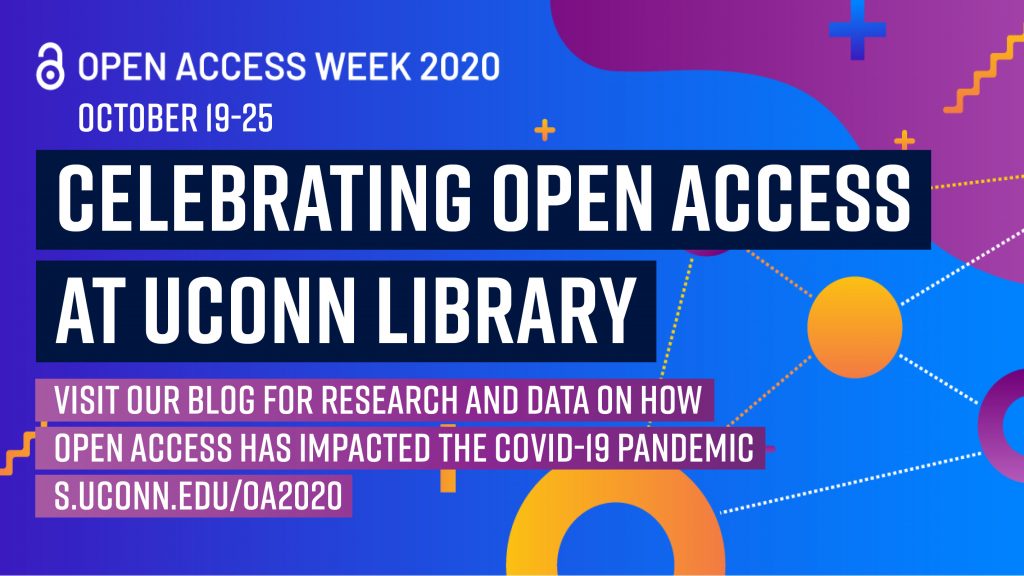In celebration of Open Access Week 2020, this is the third blog in a series of five written by the UConn Library Scholarly Communications Coordinating Group (SCCG) to explore how Open Access has impacted the COVID-19 pandemic. To learn more about the SCCG and find more resources, see our Scholarly Communications webpage.

An international effort is underway which includes seventy five countries collaborating on the financing of and research for a vaccine for the COVID-19 pandemic. They will partner with 90 lower-income countries, for a total of 165 countries working together, representing more than 60% of the world’s population.
Each member country will receive a share of the vaccine doses proportional to their population, regardless of whether they can afford full membership. This is a global collaboration to accelerate the development and production of, and equitable access to, COVID-19 tests, treatments and vaccines. The open access gateway for information on this effort is CURE: Covid-19 Universal REsources Gateway This is a joint initiative between UNESCO, the Indian Statistical Institute, and the Network of Scientific Journals from Latin America, Caribbean, Spain and Portugal (Redalyc.)
The United States is not currently part of this global initiative, under President Trump. In the United States, A Framework for Equitable Allocation of Vaccine for the Novel Coronavirus was issued in September, 2020, by the National Academies of Science, Engineering & Medicine. The report was requested by and sponsored by the NIH and the CDC. The report was written to aid in policy and decision-making in the United States and beyond to plan for equitable distribution of a COVID-19 vaccine.

